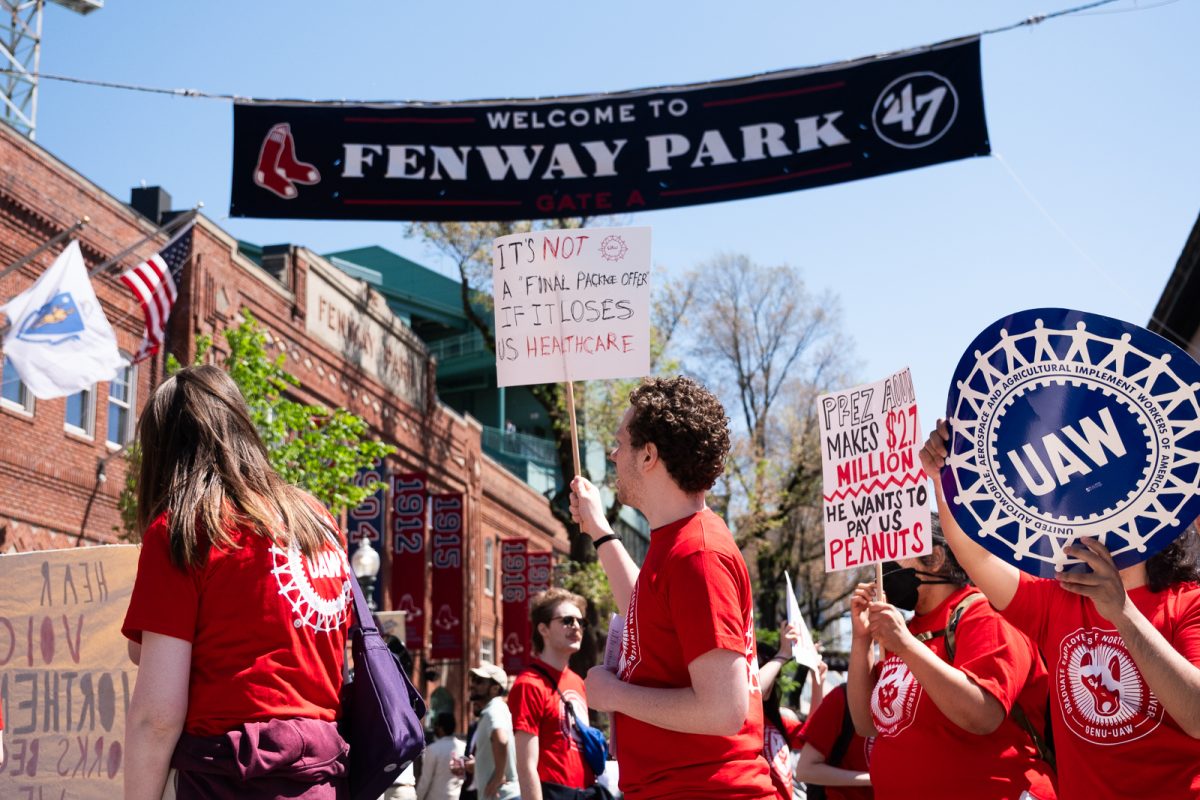By Stephanie Daly, News Staff
‘ With Barack Obama sworn into office and an economic stimulus package on the agenda, many students are hopeful that the economy will soon turn around. Experts, though, say it will still take time.
The state of the economy has affected students in matters concerning college payments, co-op job offers or changes in their part-time jobs, many said. However, an $825 billion economic recovery plan crafted by Congress and expected by Democrats to be on Obama’s desk by Feb. 13, according to recent media reports, is causing some students to be optimistic.
Although the stimulus package would eventually help the economy, experts say it will be a long way away.
‘The quick action by Congress may mean that there is some …’ turn-around by this summer, but it will take a while for even the spending that they pass to take effect,’ said Peggy Fletcher, the associate dean of the College of Business Administration. ‘I doubt very much it will be a rapid turnaround.’
Richard Goettle, a professor of finance and insurance, said recessions usually last a few years before there’s a turnaround.
‘The worst of the recessions recently have been 18 months to two years long,’ he said. ‘We’re just at the leading edge of this thing. ‘hellip; We’re a long way from seeing the light at the end of this tunnel.’
‘ With economic hardship continuing, many students said they expect to continue to feel the effects.
‘I waitress, so our business, it’s always slow in the winter, but with the economy it’s been extremely slow,’ said Jaime Chabot, a sophomore psychology major. ‘People don’t come out as much, so I don’t make as many tips.’
Cecilia Johnson, a sophomore psychology major, said she had a similar experience where she works.
‘I have a job now and it’s really annoying. My hours have been significantly cut back because of the economy,’ Johnson said.
Along with job troubles, financial aid is also something that is affecting students, Goettle said.
‘The process of getting student loans is going to be a much lengthier, less certain process,’ Goettle said.
Johnson said college finances are one of her concerns as well.
‘My dad’s really worrying about paying for school for me and that really frightens me,’ she said.
Universities are taking a hit that will cause them to cut back on budgets and in turn be much more selective in admitting students, Goettle said. However, he pointed out that students are a source of income for schools.
‘I would expect universities are going to do everything they can to try to keep the flow of students and the funding of students as high as they can,’ Goettle said.
Northeastern President Joseph Aoun recently posted an announcement about the financial status of the university. In the message, President Aoun said the cost-saving measures the university has employed have been effective.
‘Increasing resources for financial aid to our students and increasing the vitality of our teaching and research must be our priorities,’ Aoun said in the statement.
Other than financial aid, students said they are also concerned about a more selective job market that could affect their co-op or careers after Northeastern. Some students have already experienced difficulties with co-op.
Fletcher said that students graduating this year should be concerned about the job market but as far as co-op goes, she said only a handful of students in the College of Business Administration did not get jobs this past semester.
Goettle said that with uncertainty about the economy, some businesses and households are being conservative. Although the government is trying to put money back into the economy, they can’t do it alone, he added.
‘The hurdle that we have to get over is the crisis of confidence. We all have to start spending,’ he said.








